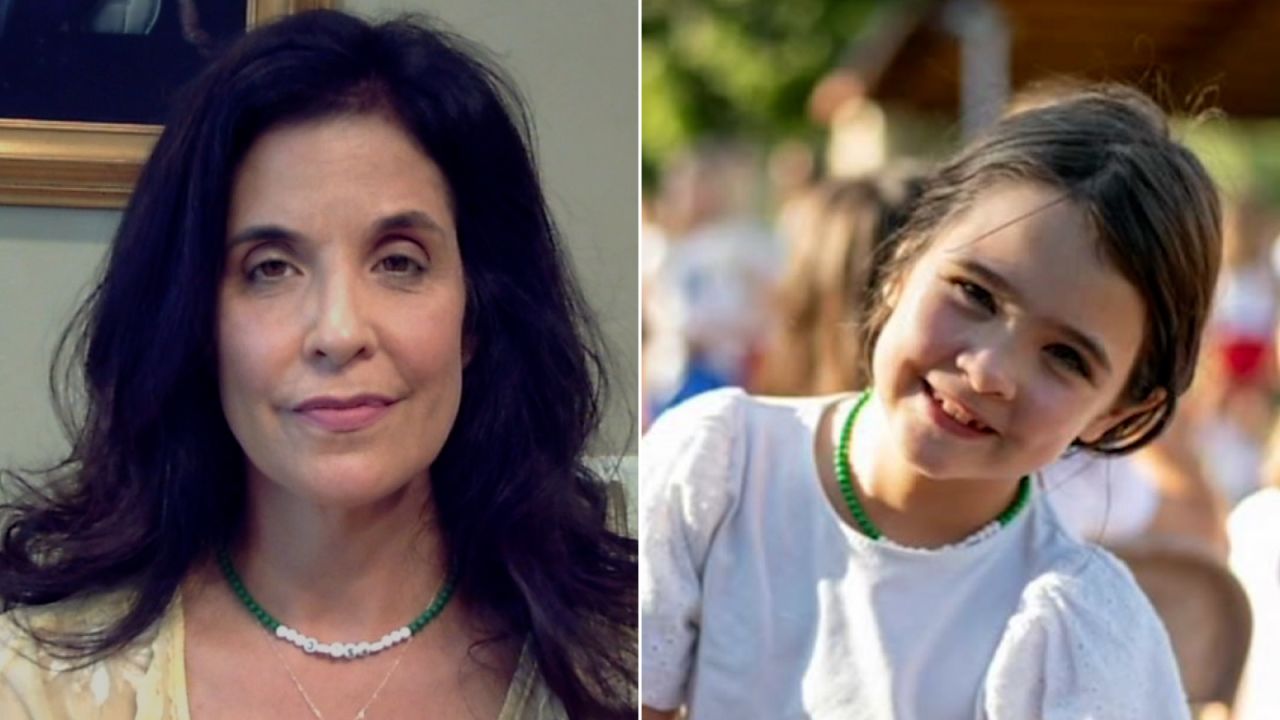College General Education Sparks Debate on Curriculum Value

The role of general education in college curricula has ignited a debate among educators, policymakers, and families about its value in preparing students for citizenship and future careers. General education encompasses introductory courses in arts, humanities, social sciences, and sciences, and is sometimes referred to as core curriculum or liberal education. Critics argue that these requirements divert valuable time from more practical studies, while supporters maintain that they foster essential skills for a functioning democracy.
According to the American Association of Colleges and Universities, general education aims to cultivate a sense of social responsibility and provide students with transferable intellectual and practical skills. However, the label “liberal education” has become a focal point for conservative groups, who claim it promotes a left-leaning ideology within higher education. Some conservatives advocate for general education but call for an emphasis on traditional values over cross-cultural understanding, framing the issue as part of a broader ideological struggle within academic institutions.
Historically, general education was established to ensure equal opportunity for all students, regardless of their political views. Eighty years ago, faculty at Harvard University introduced a model for general education outlined in the book “General Education in a Free Society.” This plan aimed to create accessible pathways to higher education for veterans and first-generation college students, expanding opportunities beyond those pursuing traditional professions like medicine or law.
The vision of broad access to education was underscored in the 1947 report, “Higher Education for American Democracy,” commissioned by President Harry Truman. This report emphasized the importance of foundational education in subjects like mathematics and science, alongside critical disciplines such as writing, literature, and history. These subjects remain vital in today’s educational landscape, reflecting two competing perspectives on college education.
One perspective embraces general education as a holistic approach to prepare students for life in a democratic society. Supporters argue that these courses are essential for developing well-rounded individuals capable of navigating complex social issues. Conversely, others view college primarily through a vocational lens, prioritizing career-focused credentials and seeking the most efficient path to employment.
Recent polling data from July 2023 by the Lumina Foundation and Gallup Poll reveals a notable decline in confidence in higher education among Americans. Only 36% reported having a “great deal” of confidence, with significant partisan divides: 20% of Republicans, 56% of Democrats, and 35% of independents expressed confidence in the system. This skepticism often correlates with whether individuals have attended college themselves, further complicating public perception of educational value.
As college tuition continues to rise, families are increasingly burdened. Many are resorting to payment plans for everyday expenses, leading to what has been termed “phantom debt.” General education requirements encompass about a third of a bachelor’s degree and a significant portion of an associate degree. For those who question the financial return of a college education, general education courses are seen as an impediment to potential earnings.
In response to the rising costs of college, there has been a marked increase in students taking Advanced Placement (AP) courses and dual-credit coursework during high school. These programs allow students to complete general education-equivalent courses at no cost, thereby reducing the overall financial burden of college. According to Complete College America, a nonprofit organization that advocates for improved college completion rates, these initiatives are vital for students seeking to expedite their education.
Despite the push for streamlined education, the foundational principles of general education remain as relevant today as they were in the mid-20th century. The United States faces numerous challenges, from threats to its democratic institutions to rapid technological advancements and demographic shifts. General education equips students with the knowledge and skills necessary to engage meaningfully in society, fostering a deeper understanding of the world and preparing them for diverse career paths.
As this debate continues, the perspectives on general education reveal broader societal divides regarding the purpose of higher education. While some argue for a focus on practical skills and immediate job readiness, others advocate for a comprehensive educational experience that prepares students for active and informed citizenship. Ultimately, the conversation surrounding general education will shape the future of higher education and its role in a rapidly changing world.
Kelly Ritter, an academic with no financial ties to any organizations benefiting from this discussion, emphasizes the importance of these educational frameworks in supporting a well-informed public.






